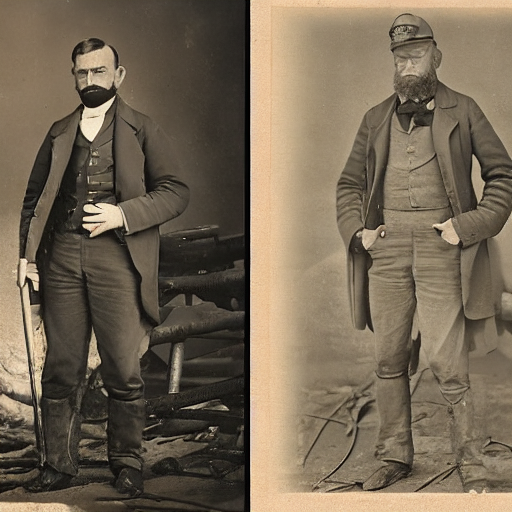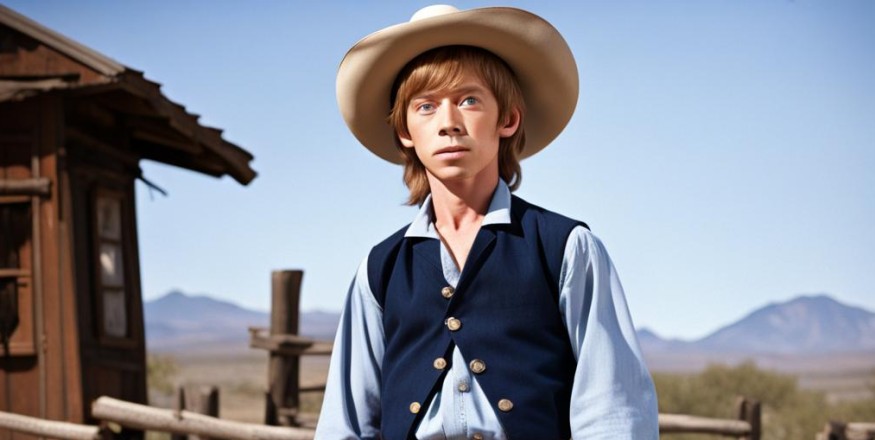 x
x
I'LL HANG YOU OUT TO DRY330Please respect copyright.PENANAfReHUQ8Kr0
330Please respect copyright.PENANA70UXCgEEoG
330Please respect copyright.PENANAnUJR5DIuvp
Thatcher came out of the countryside on horseback, cursing. He wanted to retain control; control was the least that could be expected of a man's discipline and engineers were not supposed to have emotions....but what he had seen had totally broken his detachment. He put irons into the horse's withers desperately, urging the gasping animal to greater speed and as he roade he thought I'd kill him. If I could I'd kill him!
Irresponsible. No, it went beyond irresponsibility; irresponsibility was when a man didn't think of all the possible consequences of his actions but performed them anyway for their immediate satisfaction. The Broncos of this world would have been dangerous enough if they were irresponsible, but this was murder. The man was a murderer. The railroad was being built by murderers; it was a legacy that could sit deeply within America. Could the country survive that curse? Thatcher wondered. Yes, he thought grimly, it probably could. Vast, and unsettled, this land could absorb anything.
He was going to see Bronco. At least he would make his own position known; he would not submit to this man without at least making known what he thought of everything he represented. That was at the least. At most, he might be able to stop it. At least he could try.
Thatcher heard another booming reverberation high up in the mountains. It goaded him to a more desperate speed. He did not know how much time he had left....but surely there could not be much of it. Bronco would allow it. At high speed, he passed a line of the workers working on the roadbed, their faces and bodies just a blur, and then he was beyond them, heading into the camp.
They deserved better....he knew little of their culture, little of the nature of these men although he had tried, but of that he was sure. Whatever these hills were, they were men, no less than he and Bronco, probably much more. They had been seized, torn from their tradition, and shipped thousands of miles to labor miserably for men who brutalized them.....at least they deserved the dignity of respect and of being treated like men. This had nothing to do with being sentimental----although he knew how some of the others laughed at him.....but it was just a simple matter of dignity. Wasn't it? Wasn't it really just that concise: that their culture was older and far more intricate than ours, that they could not be treated so shabbily and without respect without the real loss, of those who abused them, of their own humanity? There were no crimes that didn't reflect back upon the perpetrator, Thacher thought. Another blast shook the hills behind him. Yes, he thought, go in and tell that to Bronco; talk to him about crimes and perpetrators. He'll want to hear all about that.
Bronco wasn't in his tent. He was down the line, talking to one of the guards, the short, heavy one, Eucher, with whom he seemed to have some kind of special relationship. Good, Thatcher thought, dismounting violently and allowing the panicked horse to gallop straight off out of the camp as yet another blast came from the hills. Good, let me take him right here in front of witnesses so that everything is clear and on the record. And let the horse run back into the mountains; at least one thing here deserves to be free.
Bronco stared at him as Thatcher came up. He waved one hand in absent greeting when it became apparent that Thatcher was agitated, and made a depecatory gesture. That's the way he is, Thatcher thought, that's the way all of them are. They don't think of right or wrong at all...everything to them is only a management problem.
"All right, Thatcher," Bronco said, poking the guard in the ribs, "calm down. It can't be that terrible; we're coming in days ahead of schedule and you get some of the credit for that."
"Bronco," Thatcher said, and as if in confirmation there was another clap from the hills, "you've got men blasting up there." He wheeled and pointed toward the distance. "Men up in those hills are laying explosives."
"The plans call for getting a tunnel through," Bronco said flatly.
"Plans! What plans?"
"We've got to put a tunnel through," Bronco said in the same tone. The guard was smiling. "Those plans call for getting a tunnel through and that's just what we're going to do by the time that these men in the camp reach it." He motioned now towards the camp, wheeling his finger. "We want to make things as simple for them as possible, after all," he said, smiling. "That should appeal to you, Thatcher, shouldn't it?"
"That sandstone formation is sure to be filled with pockets of methane," Thatcher said. He was shaking. It was disgraceful; he was making an ass of himself in front of these men. He drew his hands into fists and shoved them into his pockets, pleading with his body to assume control once more. "We discussed this!" he said, "I told you!" He sounded like a child. Like a child who was trying to remind a parent of a promise, he realized.
"Didn't tell him anything," the guard, Eucher, said. "I was there all the time, wasn't I?" He nudged Thatcher. "I'd know if he told you anything."
"I gave you a written report," Thatcher said. "It's all on paper."
"Paper," Bronco said, "engineers are very big on paper."
"Particularly with people who can't read," the guard said.
"All right," Thatcher said, trembling with rage. "If that's how you want it...."
"Now listen here," Bronco said. "Listen to me, Thatcher, I'm only going to say it once. There are two kinds of people building this railroad; people writing reports like you and people like me who are building the damn thing. Do you think they care in Washington or New York about your pockets of methane? They don't. They want this railroad built and if it's not built on schedule it's not you report-writers who are going to hang out to dry, Thatcher, it's people like me." Bronco spat, coughed, seemed to be gasping for air. "They don't provide anything in their schedule except to get it built," he said, "and that's my job. You write your reports and make your surveyors jump and plan out the routes but when it comes to doing it you leave it to me because my only job is to get the damn thing done."
"And that leaves you without responsibility," Thatcher said, "is that right? You have a schedule to fit and nobody cares how you get it done as long as it's done so it doesn't matter to you that there are men building it."
"They're not men," Bronco said, "they're Japs. Imported cheap labor. And they knew exactly what the hell they were getting into so don't start give me hearts and flowers, Thatcher. They cared for their country so much that they would put up with anything to leave it."
"Dirty yellow fools," Eucher said venomously. "Don't tell me about Japanese."
"Stop blasting, Bronco," Thatcher said. "Cut out the blasting. Find an alternate route. There's a report."
"I don't know anything about any report," Thatcher said. "You didn't give me a report."
"All right," Thatcher said. He felt that he knew at last what he was and what he was going to do and somehow this understanding was nearly acceptance; he felt better. He had been in an ambivalent position for a long time but now it was clear. He could no longer submit to the Broncos. They had no place in the company of men. He would no longer accept them, lie to himself that their methods and their treatment of the Japanese were acceptable because after all a railroad had to be built and his job ended with the plans. It didn't. His job might end with the plans, but not his manhood. It had to stop. Somewhere, then, it had to stop.
"I've got two more copies of that report," he said. "I'm no fool. Do you think I'm a fool, Bronco? Everything I keep is in a file."
"What the hell are you talking about?"
"Let me tell you what I'm talking about. Whatever you did with your report, I have two copies of mine. One is going to the head office in New York. And the other," Thatcher said after a slight pause, watching Bronco's face change, "the other is going to go to the adjutant general in Washington. They may want a railroad built but I don't think they'd want your methods, Bronco. Men aren't evil, mostly, they're just ignorant. We'll change that ignorance."
He coughed again, looked up, and stared at Bronco. The man's face had fallen into many creases; he seemed to be perceptibly older. "I'm going to hang you out to dry," Thatcher said.
And then, without waiting for a reply, he turned away from the madman who was Bronco, back towards the work area where the hills struggled. He felt better than he had in months. Even the air felt better; the camp itself didn't seem like hell but perhaps contained in its land the chance of its redemption. Like men, the land was not beyond retrieval if you could face up to it and what it was. Individual men might be inherently evil....but mankind, as a mass, was not. He knew that. He knew that this was so.
He didn't care what Bronco was doing behind him now. He, Thatcher, was out of it. The railroad would either be built in accord with the laws of nature and of decency or he'd quit. It was just that simple. There were other jobs. He was a graduate engineer. There was a frontier opening up. He was employable.
Caught in his reverie, he didn't realize that the whole angry exchange must've been audible to the men driving the spikes. He didn't see the look---half-questioning, half-challenging----that Kimoto threw at Robinson.
Robinson's only answer to Kimoto was to turn his gaze back to the spike he was pounding. The sound of the sledgehammer transformed itself in his ears to the clap of the temple block, and he let himself remember his early interaction there.
ns3.22.248.193da2





















